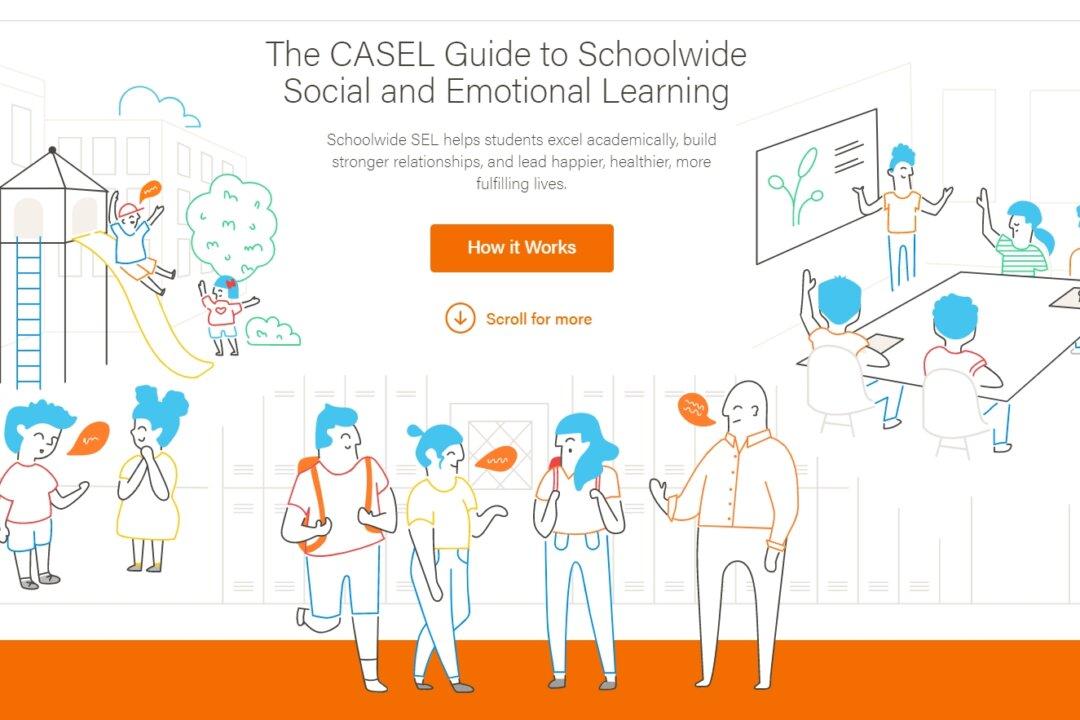A speaker at a North Carolina school board meeting on April 5 called out a transgender policy that evaluates a parent’s right to know about their child’s gender choice based on the parent’s “level of acceptance.”
“During a Title IX meeting last school year, a policy was addressed for a gender support plan,” Melissa Mason, a 2022 Republican candidate for the New Hanover County Board of Education school board, said in addressing the board. “The support plan assesses a parent’s level of acceptance for a student’s gender change. If the support is assessed to be too low, schools can reassign your child’s gender and hide the information from you.”





